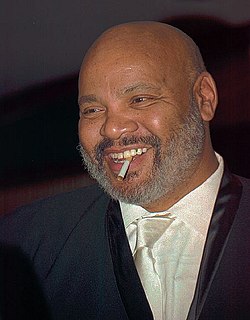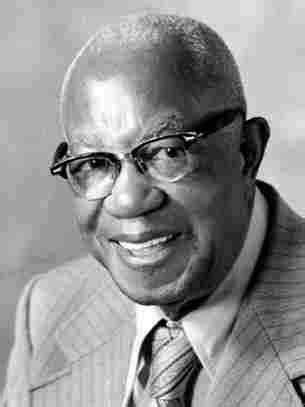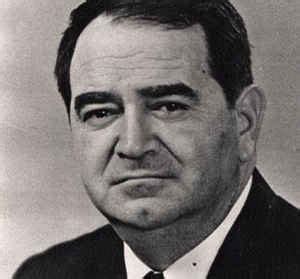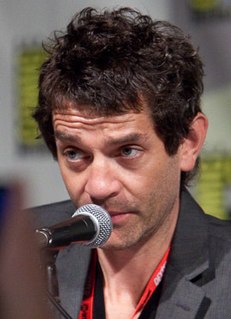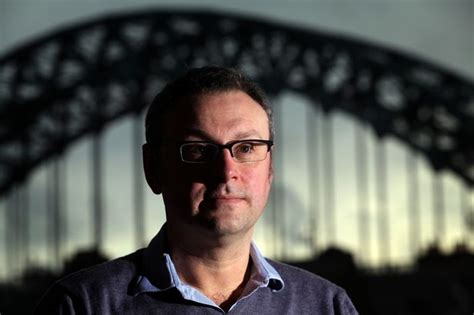A Quote by James Avery
What you find in the theatre is that if you're good, no matter what color you are, the audience will buy that - whoever you are.
Related Quotes
To be honest, I am not theatre-trained and though I am confident in my skill set, to do theatre requires a better-tuned set of muscles and I sometimes defer to actors who are better trained. But at the times I do want a shot, I'll go for it, especially if the piece speaks to me and the opportunity comes up. The immediate response from a theatre audience is so thrilling, affirming, and soul-feeding; to know how you've affected an audience at curtain can be ego-blowing, both good and bad.
Only in the theatre was it possible to see the performers and to be warmed by their personal charm, to respond to their efforts and to feel their response to the applause and appreciative laughter of the audience. It had an intimate quality; audience and actors conspired to make a little oasis of happiness and mirth within the walls of the theatre. Try as we will, we cannot be intimate with a shadow on a screen, nor a voice from a box.
Compare the cinema with theatre. Both are dramatic arts. Theatre brings actors before a public and every night during the season they re-enact the same drama. Deep in the nature of theatre is a sense of ritual. The cinema, by contrast, transports its audience individually, singly, out of the theatre towards the unknown.
It doesn't matter if you have the greatest product in the world if no one will buy it. Have an idea of where your customers will come from and how to get to them. Partner with blogs and magazines that target that audience. If you partner with them, hopefully you won't have to spend money on advertising.
